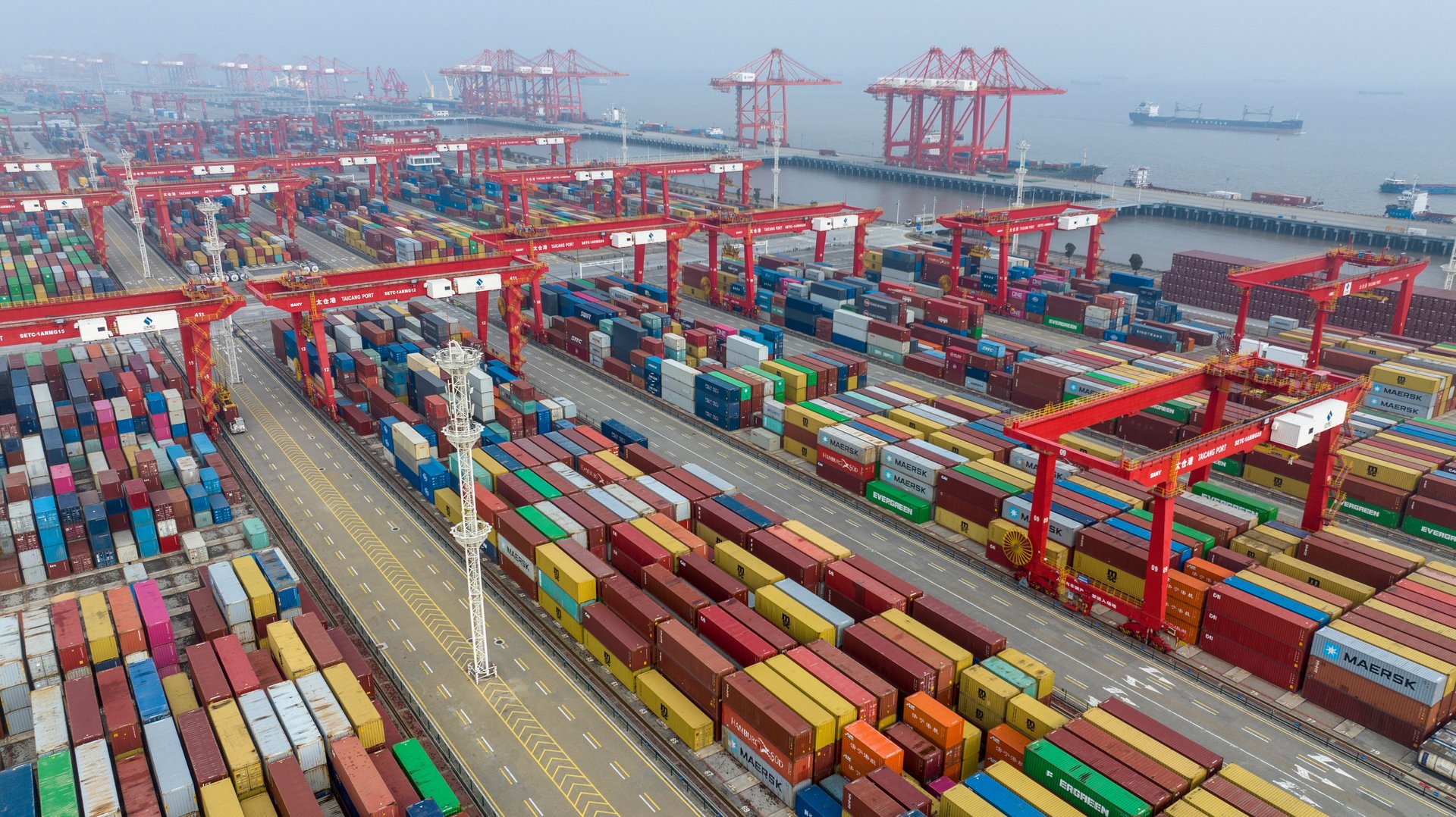China returns fire in Trump's trade war with new tariffs and a Google probe
The moves came after the Trump administration's own tariffs on Chinese imports took effect Tuesday

China on Tuesday fired back at the U.S. over President Donald Trump’s new tariffs, pledging to impose its own taxes on imports beginning next week.
Suggested Reading
“The U.S.’s unilateral imposition of tariffs seriously violates the rules of the World Trade Organization (WTO),” China’s Ministry of Commerce said in a statement. “It is not only unhelpful in solving its own problems, but also undermines the normal economic and trade cooperation between China and the U.S.”
Related Content
China said it would add a 15% duty to imports of U.S. coal and liquified natural gas on Feb. 10, along with a 10% tariff on crude oil, agricultural machinery, certain cars, and pickup trucks. Separately, it will impose export controls on goods and technology related to critical minerals, including tungsten and tellurium.
China’s State Administration for Market Regulation also announced an antitrust investigation into California-based Google (GOOGL). China’s Commerce Ministry also put PVH Corp. (PVH), which owns fashion brands Calvin Klein and Tommy Hilfiger, and biotechnology form Illumina (ILMN) on its “unreliable entity” list. That could lead to those firms being sanctioned.
The rebuttal from China comes after Trump’s new 10% tariffs on all goods imported from the country went into effect Tuesday morning. Similar but more devastating tariffs were planned to be added to Canadian and Mexican imports, but last-minute deals with those countries resulted in a one-month delay.
Trump told reporters on Monday that the 10% tariffs are just an “opening salvo,” adding that if a deal between the U.S. and China doesn’t come to pass, “then the tariffs would be very, very substantial.”
China was the third-biggest trade U.S. partner last year. Some $532 billion worth of goods was traded between the two countries through November 2024, according to the latest public data from the U.S. Census Bureau. Trade with China accounted for about 11% of overall U.S. trade.
Trump first threatened China, along with Canada and Mexico, in November, saying that tariffs would be implemented to help stem the flow of fentanyl and undocumented immigrants into the U.S. The president has accused China of subsidizing companies to ship fentanyl and related chemicals to the U.S.
Both the first Trump administration and former President Joe Biden’s administration pushed Beijing to crack down on fentanyl. However, the business of selling fentanyl online and shipping small packages of the necessary chemicals has boomed, according to The Washington Post.
In response to Trump’s tariffs, China said it would file a lawsuit with the WTO. In a statement on Sunday, the country said the U.S. “needs to view and solve its own fentanyl issue in an objective and rational way,” instead of issuing tariffs.
As part of Trump’s orders, he also closed the de minimis exemption, a key loophole used by e-retailers such as Temu and Shein to keep prices down. The law allows for packages valued at less than $800 to enter the U.S. duty-free as long as they are packaged and addressed to individual buyers.
